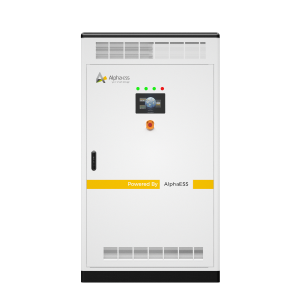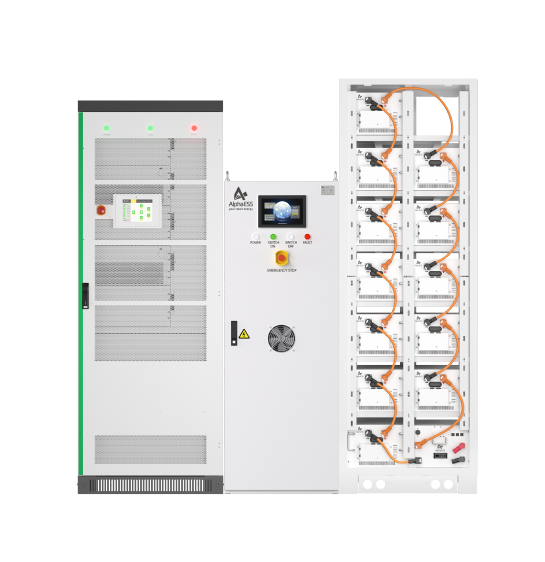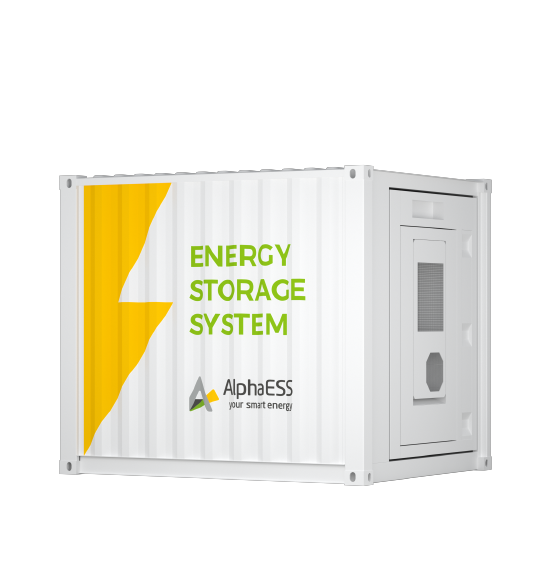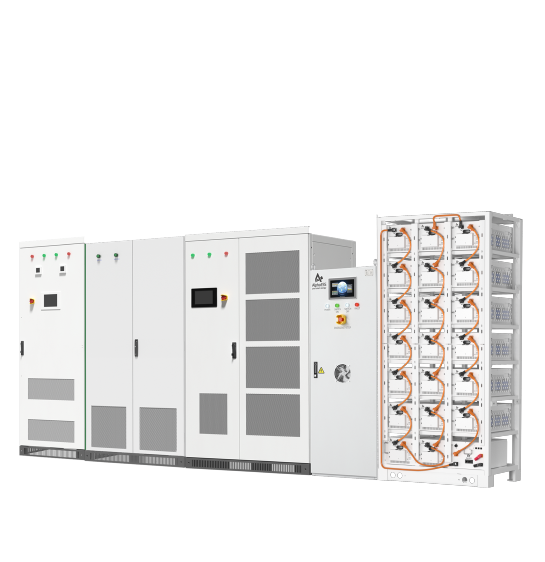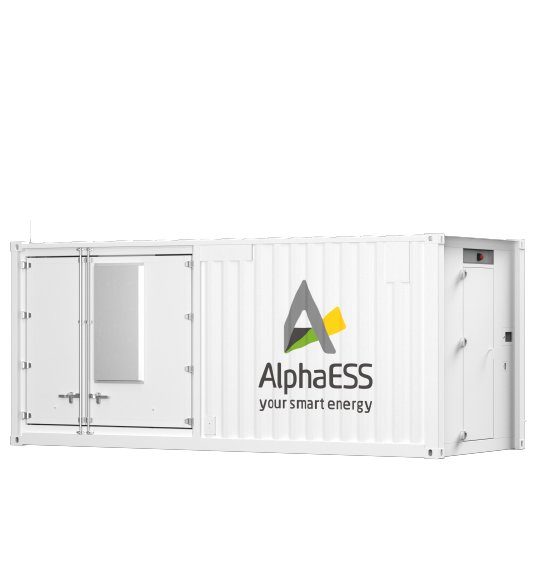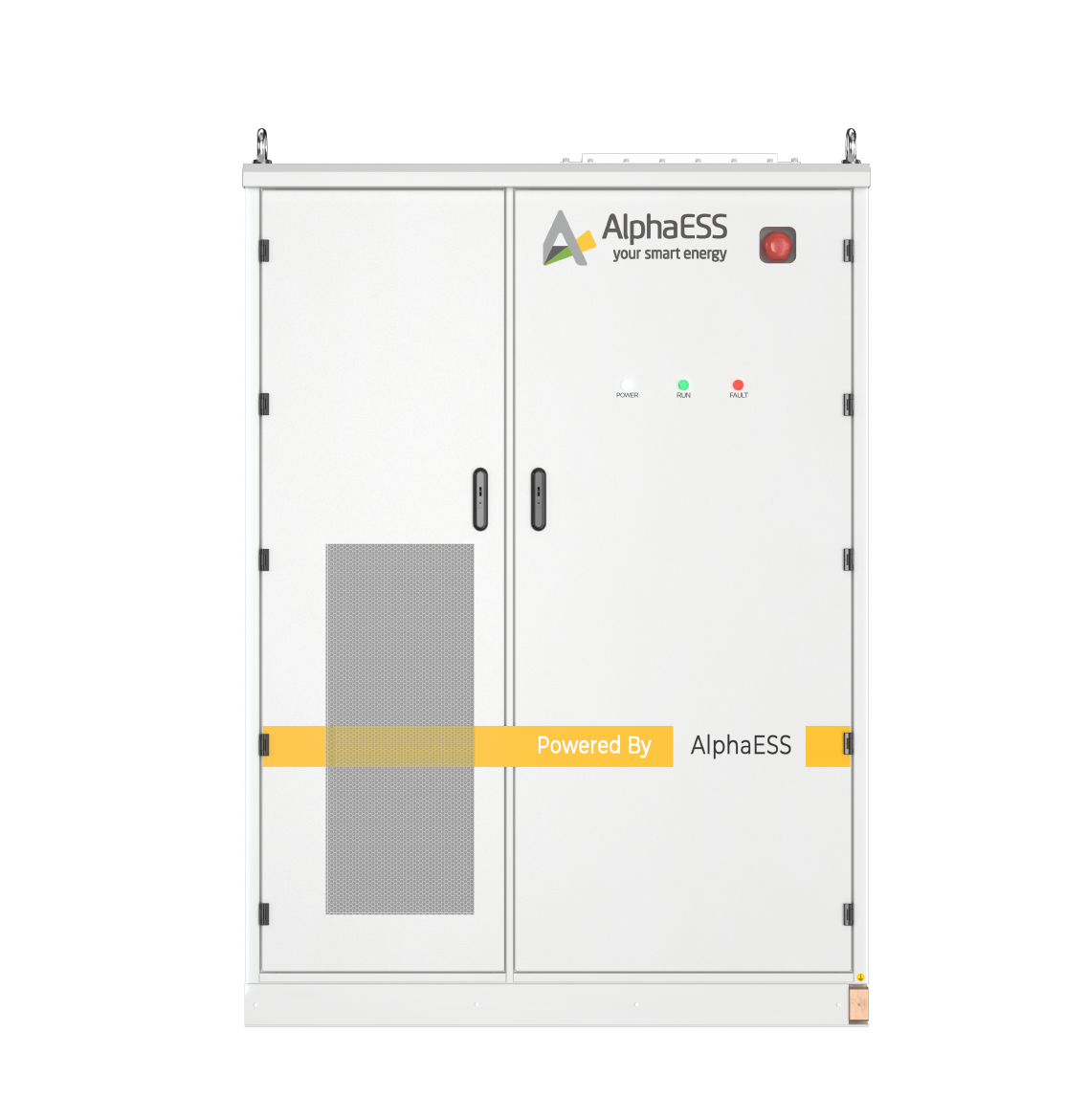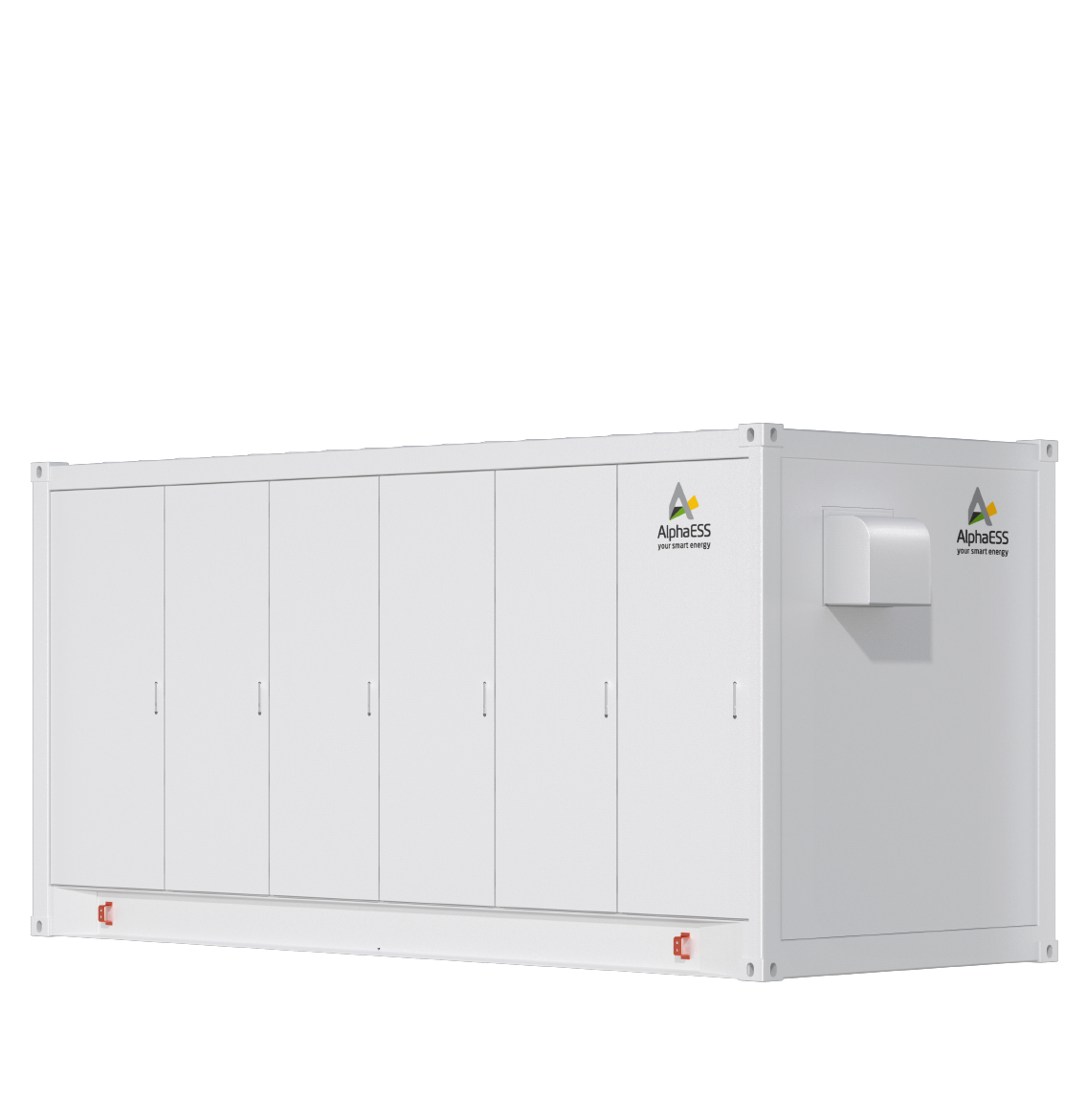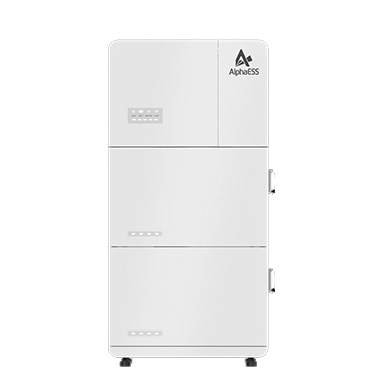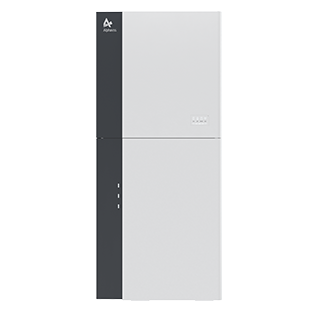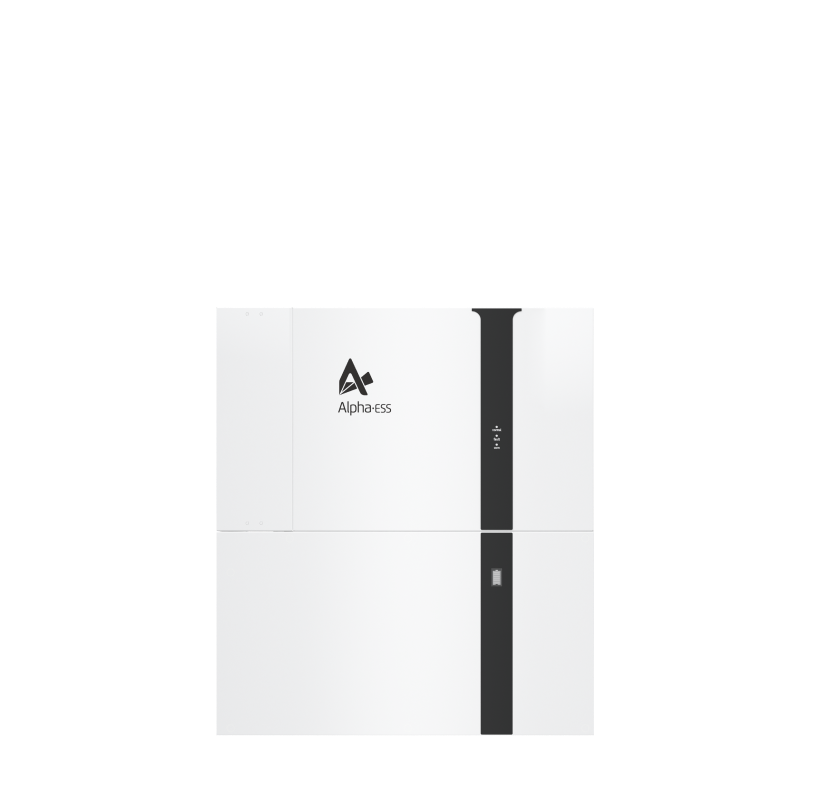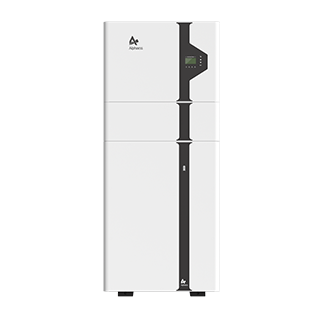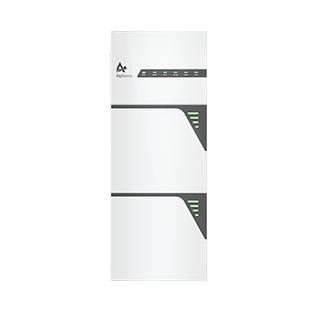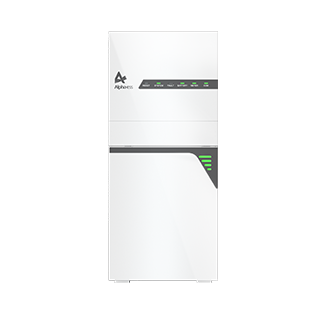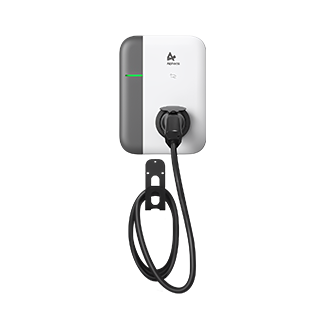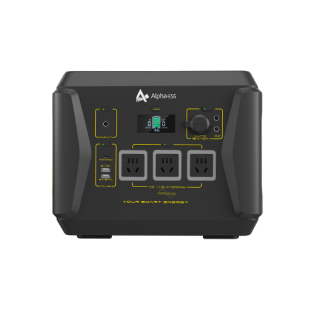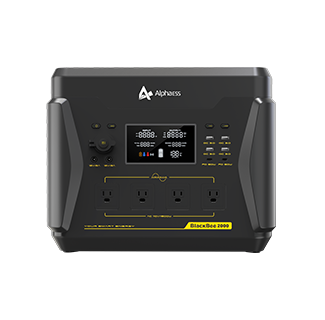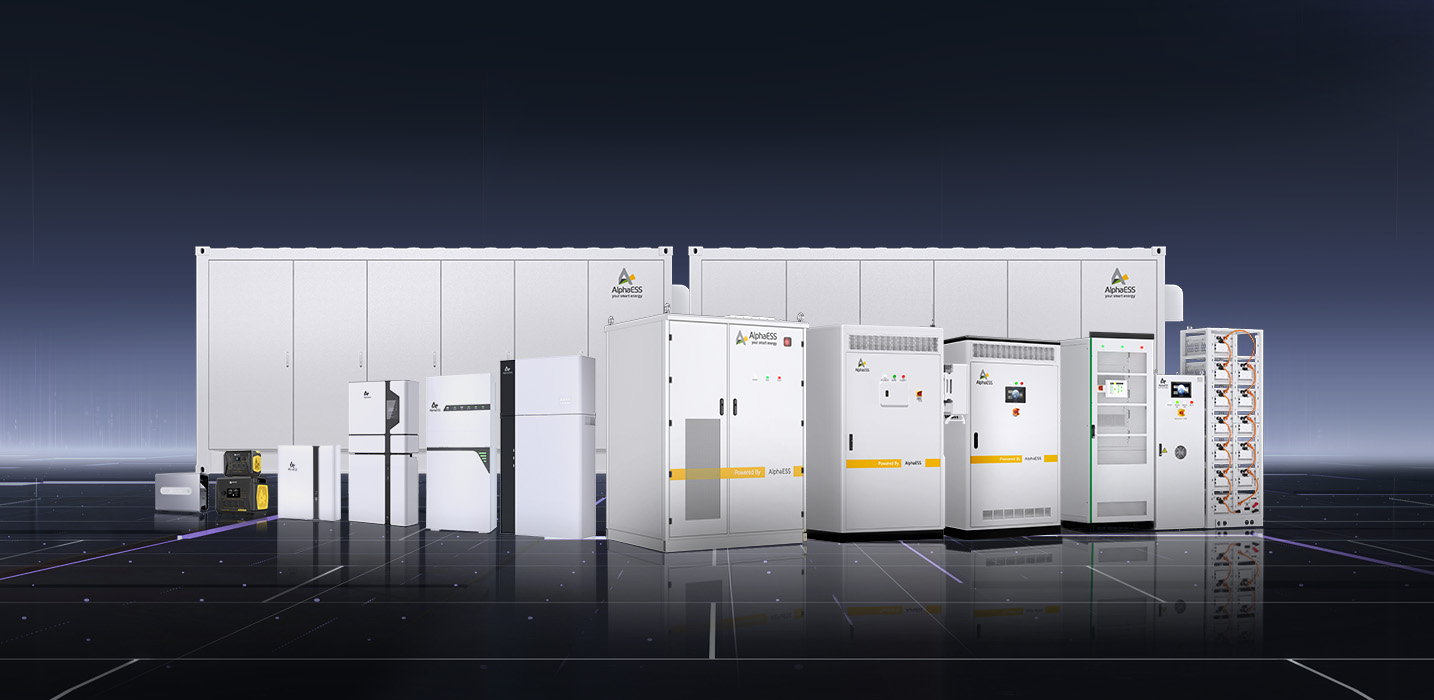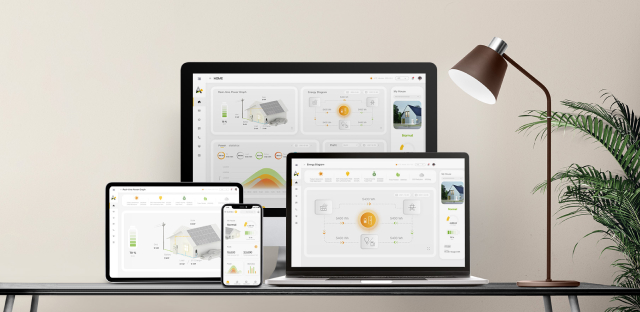Things You Should Know Before Buying An Electric Vehicle Charger
2023-08-09
Electric vehicle chargers, commonly known as EV chargers, are the essential infrastructure that enables electric vehicles (EVs) to recharge their batteries. These chargers are the lifelines of the growing electric vehicle ecosystem. They come in various forms and sizes, but their primary purpose remains consistent: to provide electrical energy to your EV, ensuring it stays powered and ready for your journeys. Whether you're at home, work, or a public charging station, understanding the different aspects of EV chargers is crucial for all EV owners.
How Do Smart EV Chargers Work?
Smart EV chargers represent the pinnacle of modern charging technology, offering a range of advanced features and benefits. These chargers are not just about replenishing your EV's battery; they are intelligent systems designed to optimize your charging experience.
At the heart of smart EV chargers is connectivity. They are equipped with technology that allows them to communicate with your EV, your home energy system, and, in some cases, even the grid. This connectivity opens up a world of possibilities:
Dynamic Charging Speed: Smart chargers can adjust the charging rate based on factors such as electricity prices, grid demand, and your preferred schedule. This means they can charge your EV faster when electricity costs are low, saving you money.
Remote Monitoring and Control: Many smart chargers come with mobile apps or online platforms that let you monitor and control the charging process from anywhere. You can check the status of your EV's charge, set charging schedules, and receive notifications.
Load Balancing: Smart chargers can distribute the available electrical capacity among multiple devices, ensuring that your home's electrical system remains stable while charging your EV.
Renewable Energy Integration: Some smart chargers can sync with renewable energy sources, such as solar panels or wind turbines, to charge your EV when clean energy is abundant.
Types of EV Charger
EV chargers come in different types, each catering to various needs and situations. Here are the three primary types:
Level 1 Chargers (120V): These chargers use a standard household electrical outlet and are typically included with your EV. While they are the slowest option, they are convenient for overnight charging at home.
Level 2 Chargers (240V): Level 2 chargers are the most common choice for home charging. They offer faster charging speeds than Level 1 chargers, making them suitable for daily use.
DC Fast Chargers: DC fast chargers are the quickest option and are typically found at public charging stations. They are perfect for long-distance travel and quick top-ups but are less common for home use due to their high cost and power requirements.
The choice of EV charger depends on your daily driving habits, access to charging infrastructure, and the convenience you seek in your EV ownership experience.
Tips on Buying an Electric Vehicle Charger
When purchasing an electric vehicle charger, consider the following tips:
Compatibility: Ensure that the charger you choose is compatible with your EV's charging port. Different EV models may have varying plug types, so check your vehicle's specifications.
Charging Speed: Assess your daily charging needs. If you have a long commute or plan for extended trips, a faster charger (Level 2 or DC fast charger) may be more appropriate.
Installation: Factor in the installation requirements and costs. Level 2 chargers often require professional installation and may necessitate electrical upgrades to your home.
Smart Features: Decide whether you want advanced features like remote monitoring and energy optimization. Select a smart EV charger that aligns with your preferences and needs.
Warranty and Support: Verify that the charger comes with a warranty and offers reliable customer support. As EV chargers are long-term investments, having access to assistance is crucial for peace of mind.
Smart chargers offer advanced features that can enhance your charging experience, while different charger types cater to various needs. By following these tips, you can confidently choose the right EV charger that suits your lifestyle and ensures your EV stays charged and ready for the road ahead.
-

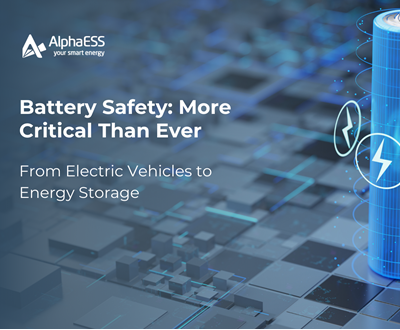 Battery Safety: More Critical Than Ever—From EVs to Energy Storage
Battery Safety: More Critical Than Ever—From EVs to Energy Storage2025-04-10
-

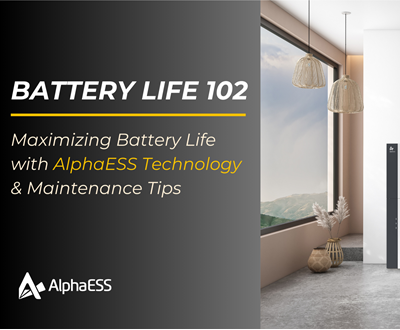 [Battery Life 102] Maximizing Battery Life with AlphaESS Technology & Practical Maintenance Tips
[Battery Life 102] Maximizing Battery Life with AlphaESS Technology & Practical Maintenance Tips2025-04-09
-

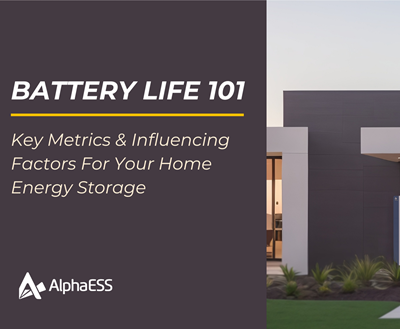 [Battery Life 101] Key Metrics & Influencing Factors For Your Home Energy Storage
[Battery Life 101] Key Metrics & Influencing Factors For Your Home Energy Storage2025-04-08
-

 Exploring the Impact of Battery Storage on Farms: An Interview with Mike Bronson of Bravenhill
Exploring the Impact of Battery Storage on Farms: An Interview with Mike Bronson of Bravenhill2025-03-28





